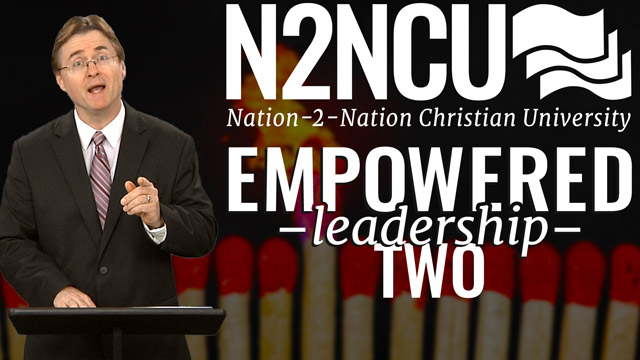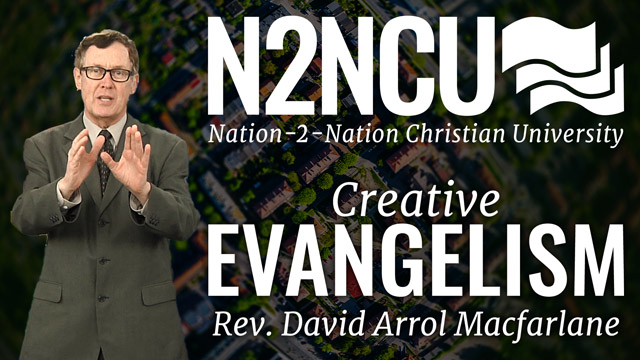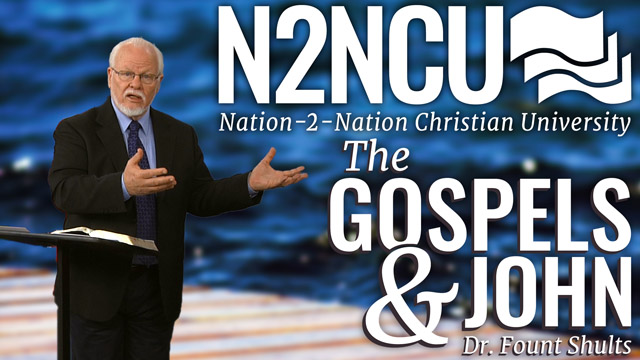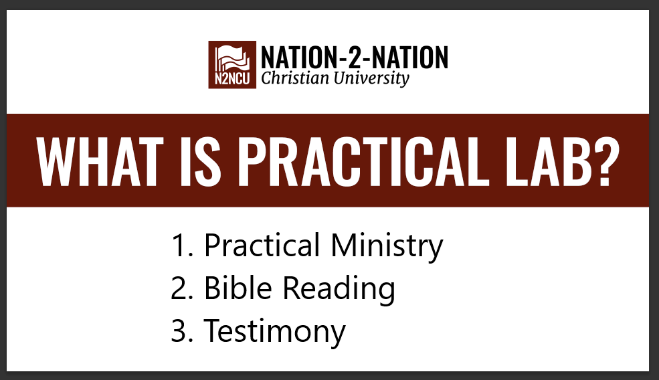
Dr. Brick Cliff's Empowered Leadership series equips Christian workers with the tools and knowledge needed to successfully influence and lead others - leading by example in the areas of character, power, godly living, and exhibiting positive attitudes even during challenging times. Part Two of the series covers cultivating positive attitudes and principles for maintaining strong relationships.

In Theology III Dr. Mike Webster explores many of the most important questions people wonder about and struggle with. What happens after this life? Is there an intermediate state? What does the Bible say about Heaven and Hell? Who is Satan? What do we know about Angels and Demons? Each question is examined in the light of scripture and answered with insight and clarity. Dr. Webster also highlights the Christian church, its purpose, and the commission that God has given it here on this earth.

In Creative Evangelism Rev. Macfarlane describes in detail specific principles and plans to use for explosive church growth. These plans are centered in strategizing around felt needs, creating evangelistic vision, making a plan, forming teams, and using creative ideas. Some of the subjects covered include the following: Evangelism is first about relationships, not about programs; Training is more effective than guilt; New converts are the best sources of new converts; Identify the evangelists in your congregation and resource them; Build personal bridges through relationships at work, in your family, with your neighbors, through hobbies and sports; Training in how to build bridges; Keys to effective church outreach events; and Follow-up events so that new converts are not lost.

In The Gospels and John Dr. Fount Shults describes the ripe social, religious and political conditions to which Jesus Christ came. His “Principal of the Pointing Finger” instructs the student to, rather than focus on details, “follow the line of the pointing finger” to reach the broader truths of Jesus Christ as seen from the unique perspectives of each Gospel writer.

Practical Lab is designed to secure a strong foundation for
true Christian leadership. True Christian leadership consists of three things: Living what we learn (practical ministry), a knowledge of scripture
acquired by a disciplined bible reading/study habit and the ability to articulate your spiritual growth to others.
This course addresses the practical application of the leadership/ministry principles and tools that are the foundation of the Nation-2-Nation curriculum by getting the student to seek out and participate in a variety of ministry opportunities.
The Practical Ministry lab is an opportunity to do the real work of ministry throughout each semester. You will be responsible for engaging in church sanctioned ministry activities and submitting electronic reports of your activity back to N2NCU. Talk to your pastor or leadership to find out how you can help.
The Bible Reading lab will take the student through the entire New Testament and one quarter of the Old Testament for every three semesters completed. Upon completion of the bachelor program you will have read the New Testament four times and the Old Testament once. Your bible reading discipline will be well established by following the weekly bible reading schedule.
The Testimony section gives you, the student, a chance to put into words the changes that are taking place in you, your ministry, and your relationships. Your testimony also encourages others to seek growth in their own spiritual lives and reminds all of what God can do when you follow hard after Him.